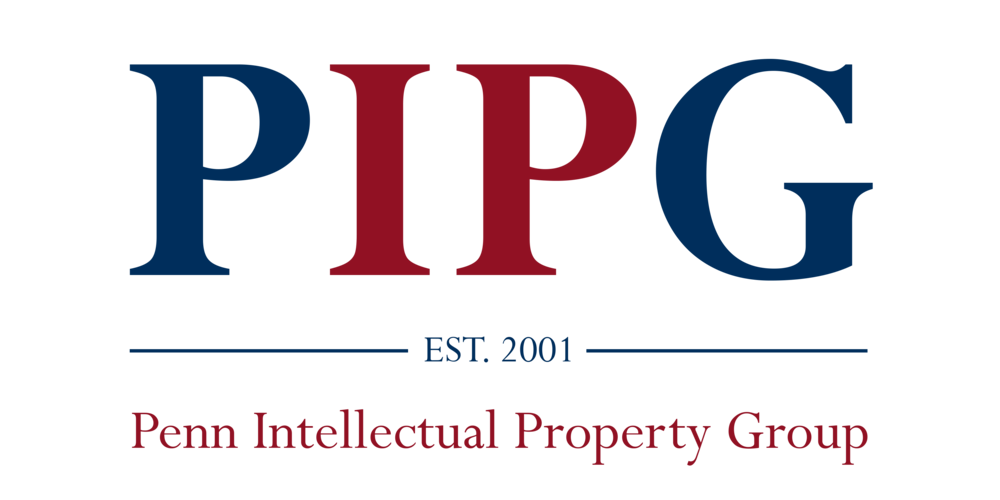By Tyler Gruttadauria, J.D. Candidate L’23
Over 170 cities and more than 10 countries across the world have committed to achieving 100% clean energy. Here at home, President Biden pledged that the U.S. will lead the world in addressing the climate emergency by ensuring that the U.S. achieves a 100% clean energy economy and net-zero emissions no later than 2050.
The U.S.’ transition to clean energy depends in large part on its shift to sustainable forms of transportation and electric-vehicle (EV) production because the U.S.’ transportation industry accounts for 29% of the U.S.’ total greenhouse gas emissions.
The shift to EVs can either be propelled or inhibited by the U.S.’ intellectual property (IP) system. The IP system is intended to serve a utilitarian function by optimizing the incentive for inventors to create and innovate for the public good. For example, companies are afforded certain IP protections, and thus a competitive advantage, for any valuable information or processes they maintain as trade secrets. This incentive structure creates a tradeoff question: How should the social benefits produced through trade secrets be weighed against the social costs of limiting the diffusion of knowledge?
This tradeoff question came into play following a recent case before the International Trade Commission (ITC) between two EV battery manufacturers, LG Energy Solutions (LG) and SK Innovation (SK).
LG claimed that SK misappropriated LG’s trade secrets when SK poached employees from LG who in turn violated their non-disclosure agreements. The ITC found for LG and prohibited SK from importing its EV-batteries to the U.S. for 10 years. In its decision, the ITC relied upon the fact that LG’s trade secrets took over 15 years and billions of research dollars to develop.
President Biden had 60 days to veto the ITC’s decision unless the two companies reached a settlement. LG’s attorney, David Callahan, from Latham & Watkins, remarked on SK’s behavior: “they're the ones who did bad; they’re supposed to get hurt.” On the other hand, stifling SK’s production would also stifle the U.S.’ transition to EVs. So, the question becomes: Does the current IP system serve its utilitarian purpose by penalizing SK for trade secret misappropriation, or instead, does the penalty restrict an important area of technological development and implementation?
President Biden’s plan to transition to EVs was a cornerstone in his pledge to combat climate change. This pledge was expected to be put to the test by his decision of whether to veto the ITC’s ruling. However, fortunate for Biden, LG and SK decided to settle at the last minute. SK Innovation will finish out building its EV-battery manufacturing factory in Georgia, which will supply up to 310,000 EV-batteries per year to Ford and Volkswagen.
If the ITC’s ruling had held, the Biden Administration’s sustainable transportation initiatives and its ability to influence the U.S. transition to EVs would have been severely impacted since automakers like Ford and Volkswagen had designed their EVs based on SK's batteries. In addition, the production capacity from SK’s recent investment in a $2.6B EV-battery manufacturing facility in Georgia would have gone untapped not to mention the 3,000 jobs it would have created.
Moving forward, the U.S. will certainly need to focus on the transportation industry as it transitions to a cleaner future. And inevitably, the Biden Administration will need to consider the tradeoff question once again: whether enforcing important IP protections at the expense of executing the U.S.’ clean energy goals is the right decision for the public’s welfare and future innovation. What complicates matters further is that the Biden Administration recently proposed a $174B EV plan to construct 500,000 EV charging stations, to electrify school and transit buses, and to shift the Postal Service and other federal agencies to EVs all by 2030. Thus, the Biden Administration will be faced with even more pressure than simply living up to its more general campaign pledge to “lead the way.”
Addressing the tradeoff question in the clean energy context will not only impact the U.S.’ clean energy goals but may also alter the way we think about the underlying incentive structure of the U.S.’ IP system with respect to other significant, time sensitive challenges such as vaccine development for global pandemics.
